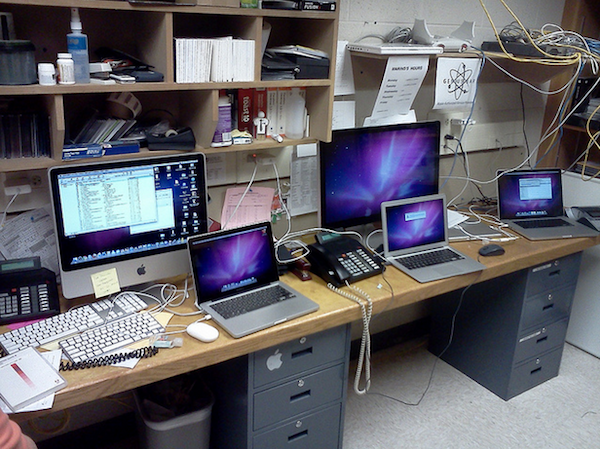There comes a point in our lives that we need to store or move our valuable electronics such as computers, tablets, consoles, TV sets, sound systems, etc. Since these items come with huge price tags, it makes business sense to invest in protecting your electronic assets. Since electronics are valuable assets, it is recommended that you get acquainted with how to store all your gadgets for the long term in a manner that offers protection from damage. Someone who understands the best practices of electronic storage solutions is more likely to protect electronics during a move or storage.
Having a suitable electronics storage solution such as the recommended moving and packing supplies before time is essential in understanding electronics storage. Some of the items you will need before embarking on the storage of your electronics include bubble wrap, scissors, newsprint, sturdy cartons, packaging tape, and marker pens that you will use in the labeling of your storage boxes. Storing electronics doesn’t mean that the electronics won’t be used again. With this in mind, you should store your electronics using the tips we will share as these tips will help you pack your electronics in a manner that prepares them for future use.
It is advisable to take the right steps to guarantee effective preservation of the electronics you are storing. When the time for putting your laptop into storage, having a laptop storage cabinet might come in handy. Such a storage solution has advanced security features and will provide you with the confidence that your laptop or other sensitive or valuable electronics are secure. Since you will be dealing with electronic storage, it is advisable that you find yourself a climate-controlled storage solution.
Here are tips for storing your electronics:
1. Backing up your data.
Before storing your computer or laptop for an extended period, tech experts recommend performing a data backup. Even if you intend to take every possible precaution in the storage of your laptop or PC, it is a good idea to create a backup of your data to mitigate the permanent loss of data in the worst case scenario. If you do not have a lot of data to backup, saving your files into a high-capacity flash or thumb drive will work. But if you have a lot of files to save from your laptop or PC, using an external hard drive for your data backup is recommended.
2. Using packing materials that offer protection from moisture.
You are advised to use an air-tight seal to offer protection from moisture when wrapping and packaging your laptop or computer for storage. You can use zip-lock plastic bags during the packaging and wrapping of smaller laptops. When it comes to the wrapping and packaging of larger computers such as the contemporary PC, a cling wrap is recommended as it provides an airtight seal. The use of a desiccant packet while sealing your PC is advisable to ensure perfectly electronic storage.
3. Removing batteries.
Despite this being a simple step, it is always overlooked. You should remove all the batteries from your laptop, tablet, or other electronics before storing them. Batteries tend to leak over time, and this is terrible news as battery leakages can damage sensitive electrical components. After removing the batteries, you are expected to store them separately in an environment where the temperatures are between 50 degrees to 90 degrees.
4. Using climate-controlled storage solutions.
Temperature and humidity are important factors that come to play in the storage of electronics. If you store electronics in an environment that has fluctuating temperatures, there is a high probability that the temperature fluctuations will damage the electronics. Humidity damages electronics hence you should ensure that you don’t store your electronics in a humid environment as it may cause rust or the degradation of an electronic circuit in your devices or gadgets. With this under consideration, having climate-controlled storage solutions.
5. Using sturdy storage containers.
Sturdy plastic containers that have tight-fitting lids are the great storage options to offer your computer or laptop protection against pests, moisture, and dust. The use of cardboard boxes in the storage of electronics is not recommended as the cardboard may become damp over time; therefore, becoming ineffective in offering protection against humidity and pests. The storage solution used in storing your computer shouldn’t be placed on the floor but an elevated place.
from Young Upstarts https://ift.tt/2WIELEH via website design phoenix


No comments:
Post a Comment